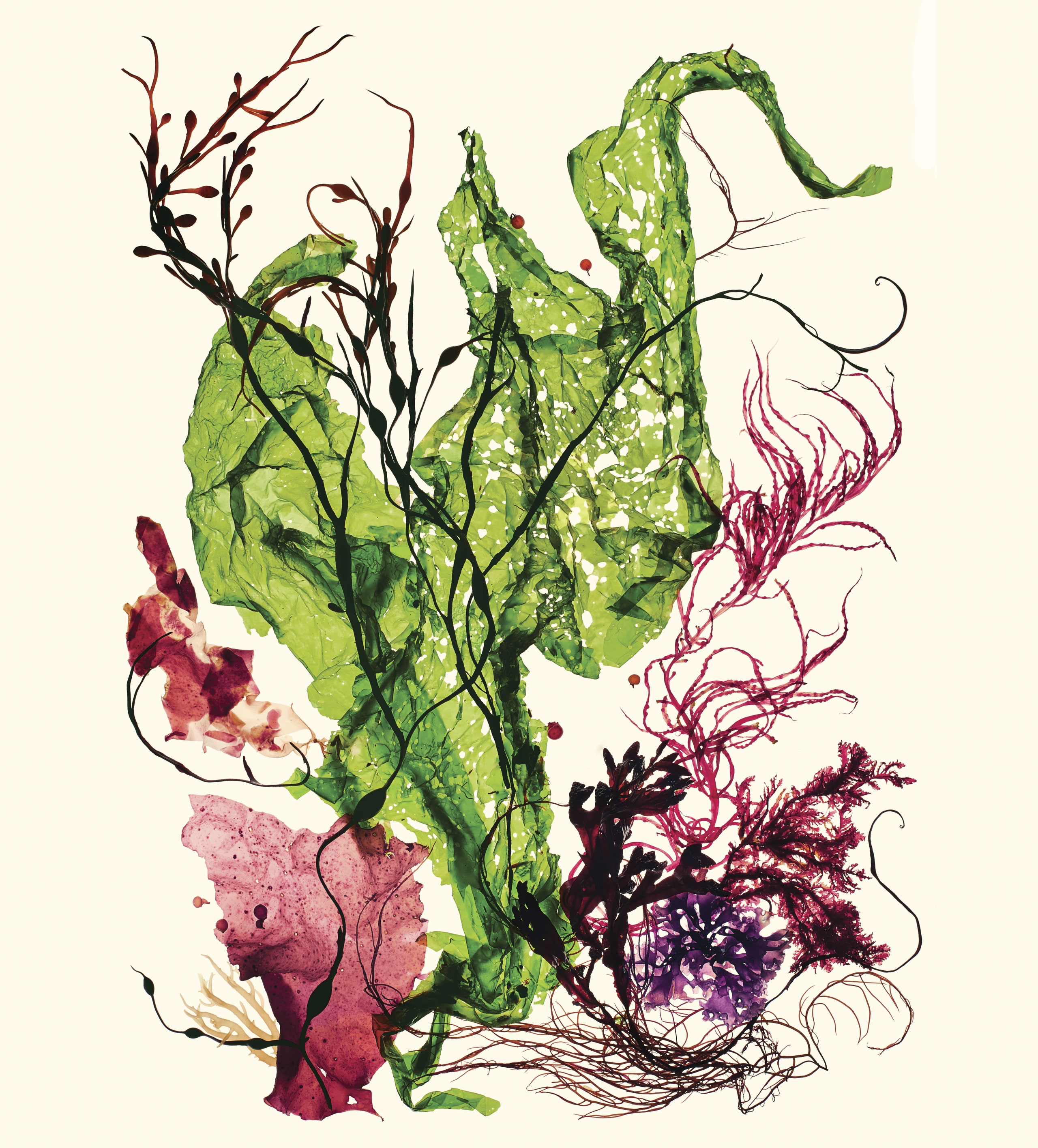Iron Deficiency Anemia

Photo by Bobby Doherty
According to the World Health Organization, iron deficiency is the top nutritional deficiency in the world. Approximately 80% of the world’s population is iron deficient and 30% are anemic due to prolonged iron deficiency. While anemia can be caused by other factors such as a deficiency in vitamin B12 and folate, iron deficiency is the most prevalent cause of anemia.
The body can become anemic when the blood lacks enough iron to produce healthy red blood cells. This lack of red blood cells diminishes the transportation of oxygen throughout the body, causing weakness and fatigue.
Some of the symptoms of iron deficiency anemia include:
Weakness
Fatigue
Lightheadedness and dizziness
Brain Fog
Shortness of breath
Bruising
Pale skin
Brittle nails
Rapid heartbeat
Feeling cold
Irritability
Hair loss
There are multiple ways someone can become iron deficient. One way is through blood loss due to endometriosis, heavy periods or an ulcer. If a woman has ends, she may have heavy blood loss that she can't see because it is hidden in the abdominal or pelvic area. Another way is from pregnancy. During pregnancy, a woman can become deficient in minerals as the fetus takes her minerals faster than she can replenish them. The most common reason for iron deficiency though, is due to infection or eating too little iron over an extended amount of time.
In the case of infection, anemia seems to be the body’s genetically programmed response to illness, says Ryan Zarychanksi, a University of Manitoba physician and scientist who researches the adaptive and helpful aspects of iron deficiency and anemia. Viruses and bacteria feed off of iron, as they require it to grow. So in order to more easily overcome illness, the body will hide its iron stores. This has been demonstrated in many studies. A 2005 study, showed that giving mice iron removing compounds, limited the growth of tuberculosis causing bacteria. And in another study, a large percentage of people with iron deficiency who supplemented with iron became reinfected with pre-existing malaria, tuberculosis and brucellosis.
Because some iron supplements seem to exasperate infection, Anthony William, the Medical Medium, advises that the best way to obtain iron is through fruits, vegetables and herbs. He says that viruses and bacteria are unlikely to consume iron from these sources as they contain antiviral and antibacterial properties.
Consider adding the following herbs and foods to your diet in order to increase your iron intake without the risk of feeding pathogens.
Yellow Dock Root
Yellow dock is rich in iron and greatly enhances the body’s ability to absorb iron, making it an excellent blood building herb. Combining yellow dock with other iron rich herbs such as burdock root, dandelion leaf and nettle leaf can be a powerful remedy for replenishing iron levels.
Some added benefits include:
Detoxifies and regenerates the liver
Improves digestion
Balances hormones (helps to eliminate excess estrogen)
Relieves constipation and diarrhea
Strengthens the immune system
Provides energy during menstruation
Prebiotic
Aids with low stomach acid
Supports healthy blood sugar levels
Burdock Root
Burdock root is used in Traditional Chinese Medicine to treat blood issues. It contains iron, as well as most of the trace minerals and helps to improve anemia by increasing iron absorption.
Some added benefits include:
Restrengthens and revitalizes the liver
Detoxifies the liver
Cleanses the lymphatic system and the blood
Enhances white blood cells and killer cells to keep the lymph nodes strong so they can kill off pathogens.
Fifty times more grounding than any root vegetable, burdock reestablishes the liver’s grounding mechanism. The liver can lose its grounding when it becomes filled with viruses, bacteria and other pathogens.
Nettle Leaf
An adaptogenic herb, nettle leaf is rich in bioavailable iron and its energizing and strengthening abilities can help to relieve the fatigue and weakness caused by anemia.
Added benefits include:
Strengthens the adrenal glands and entire endocrine system
Increases energy
Rich in over 40 trace minerals
Potent pain reliever
Powerful reproductive herb, enhances egg production
Removes toxic estrogens from the body
Dandelion Root
Dandelion is an extremely nutrient dense herb that contains high levels of iron. It’s also a powerful detoxifier and blood purifier.
Added benefits include:
Detoxifies the liver
Purifies the blood
Stimulates bile production
Strengthens the immune system
Reduces inflammation
Protects the skin from UV damage and blocks melanin production
Spirulina
The blue-green algae is incredibly rich in iron and other trace minerals. Ten grams or two teaspoons of spirulina can provide you with up to 70% of the minimum daily requirement for iron.
Photo by Bobby DohertyIron rich foods
Spinach and leafy greens, barley grass, dried apricots, seaweeds (especially dulse and kelp), parsley (parsley juice is extremely high in iron), shiitake mushrooms, pomegranates, squash, asparagus, cherries, avocados, lentils, chickpeas, black beans, kidney beans, pumpkin seeds, sesame seeds, amaranth and quinoa.
Tips
Vitamin B12 and folate are required to make red blood cells and deficiency in either nutrient can also cause anemia. Most people are deficient in B12, even if their test shows that their levels are normal. Because B12 plays so many important roles within the body, it’s important to supplement with the right kind. A good B12 should contain both methylcobalamin and adenosylcobalamin. Vimergy and Global Healing Center both make good liquid versions.
Make sure to also supplement with a good quality vitamin C, such as Ester-C or liposomal C, as vitamin C increases iron absorption.
In some cases, iron supplements may be necessary. In cases of heavy bleeding from fibroids, adenomyosis and endometriosis, Jena recommends Xymogen Iron Glycinate. It’s the one iron supplement that’s been able to move her blood work.
By @eatyourbeautyblog and @jenacovello
***THESE STATEMENTS HAVE NOT BEEN APPROVED OR REGULATED BY THE FDA. WE ARE NOT DOCTORS, THEREFORE ALWAYS CONSULT WITH YOUR DOCTOR FIRST.





